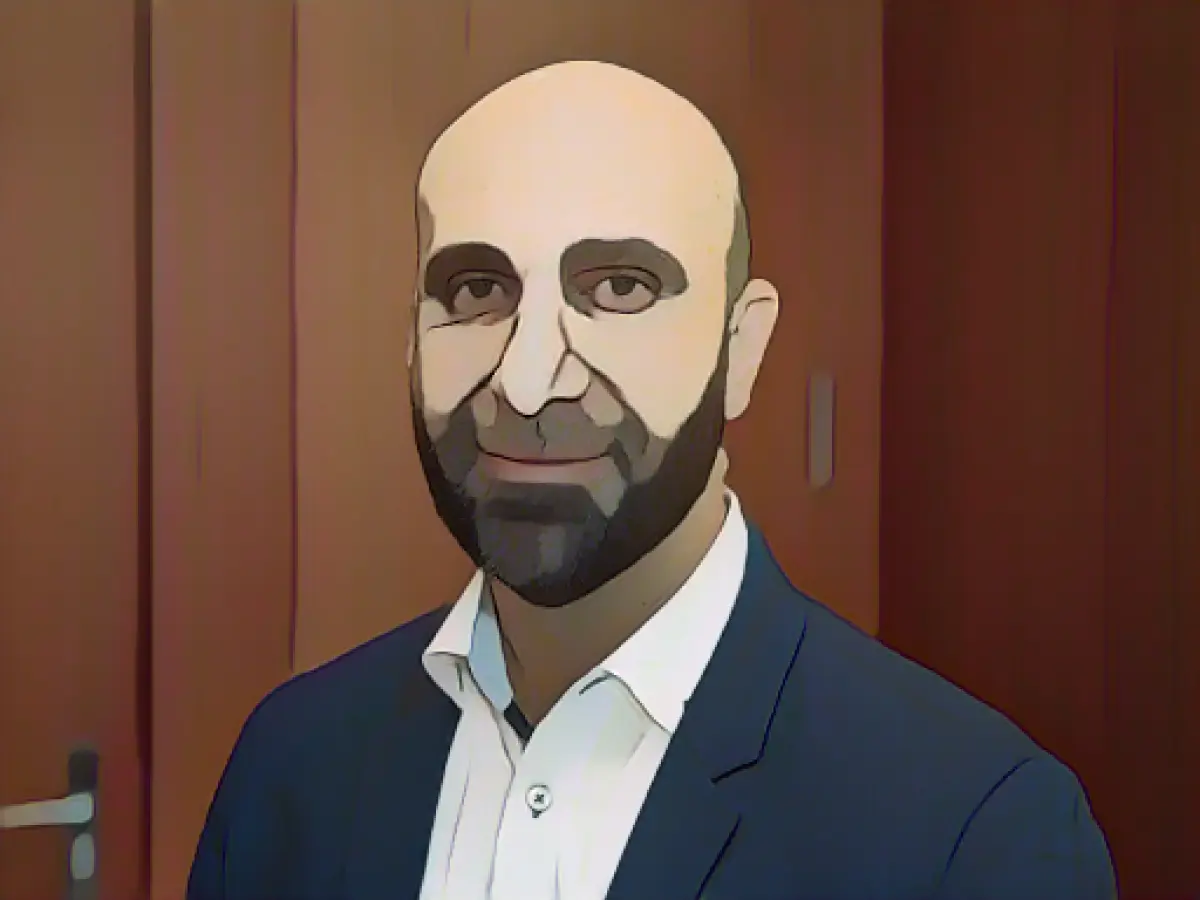Radicalization on the Rise: A Warning from an Extremism Expert
As an extremism researcher, Ahmad Mansour has expressed concern over the increasing potential for radicalization among right-wing extremists and Muslim youths in Germany. With an emphasis on anti-Semitic propaganda, Mansour sees this as a significant cause for worry.
Mansour, an author and psychologist, will be discussing his concerns at the autumn conference of the Federal Criminal Police Office in Wiesbaden on Thursday. The theme of the event is "Causes and dynamics of violence - how do we break the wave?"
Since the Hamas terrorist attack on Israel on October 7, more than 3,500 crimes have been reported in Germany, according to figures from the Federal Ministry of the Interior. Out of these, around 500 instances have been identified as clearly anti-Semitic.
The Struggle against Radicalization
Ahmad Mansour believes that to counteract this process of radicalization, anti-Semitism must be addressed differently and brought to the forefront of society. He explains that during times of crisis, radicals thrive, and it's during these periods that people are most likely to seek simplified solutions. Politicians and the media, at times, misunderstand the essence of democracy, viewing diversity as a threat rather than a strength.
To effectively combat anti-Semitism and bring it to the center of society, various strategies can be employed:
- Enhanced monitoring and response: the United Nations Action Plan, among other efforts, supports a zero-tolerance policy for anti-Semitism and promotes international cooperation to effectively monitor and respond to incidents.
- Education and awareness: increasing education about the Holocaust is an important step in educating young people about the consequences of anti-Semitism.
- Interfaith dialogue and coalition building: strengthening relationships between different religious and cultural communities can serve to foster understanding and respect.
- Data collection and policy implementation: gathering comprehensive data about anti-Semitic incidents can help local and national authorities develop evidence-based policies and approaches.
- Legal frameworks and enforcement: enforcing hate crime and anti-discrimination laws is crucial in deterring individuals who engage in anti-Semitic activity.
- Community engagement and collaboration: working in collaboration with Jewish organizations, civil society, and governments can help address the root causes of anti-Semitism effectively.
- Addressing extremist ideologies: challenging extremist ideologies that promote anti-Semitism, such as those held by figures like Al-Qaradawi, is essential in reducing its prevalence.
- Global response and transnational cooperation: anti-Semitism is a global issue that requires a global response. State and non-state actors must work together to combat anti-Semitism effectively.
- Addressing Islamophobia and intersectionality: recognizing and addressing the intersectionality of hate crimes, such as Islamophobia, is an important aspect of combating anti-Semitism and other forms of bigotry.
- Education and activism: using creative methods, such as comic books, to communicate counter-extremist messages can be an effective way to reach young people and educate them about the dangers of radicalization.
In light of the escalating radicalization and the rising number of anti-Semitic incidents, it's essential to take a comprehensive and concerted approach to address this issue. By focusing on education, collaboration, and the enforcement of anti-discrimination laws, we can work towards creating a more tolerant and inclusive society.








